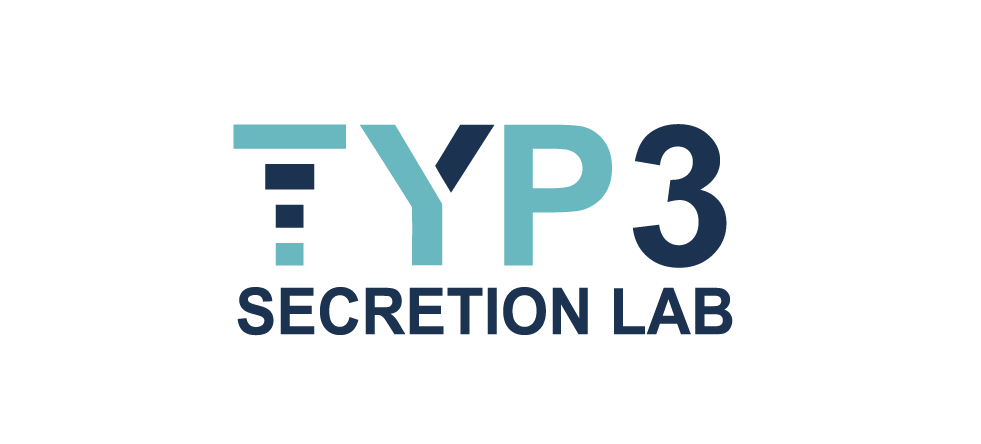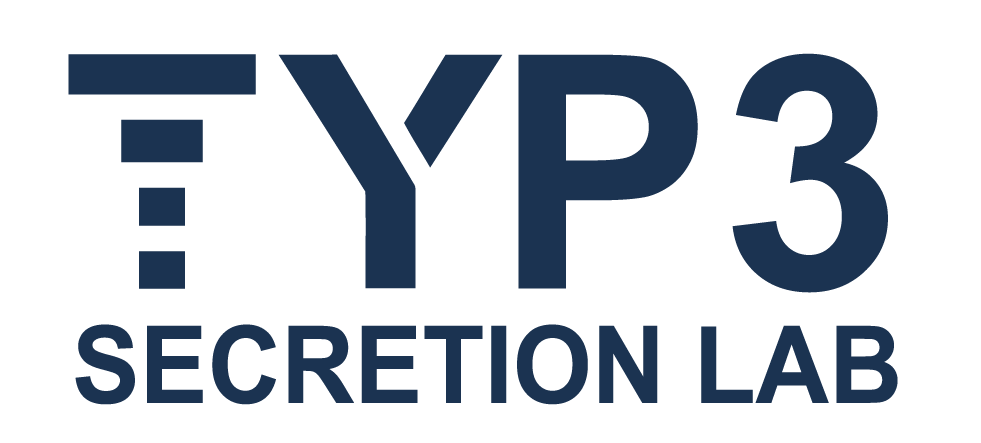
Bacterial pathogens such as Pseudomonas syringae and Ralstonia solanacearum pose a serious threat to high-value crops like tomato, Spain’s leading horticultural product. These pathogens use proteins known as effectors, which are injected into plant cells to manipulate their functions and promote infection. Our project leverages the fact that some of these effectors are highly conserved across different bacterial species, making them powerful tools to identify common plant processes that are critical for defense.
The project is structured around three main objectives, each addressing a different time frame:
(I) To investigate phytochemical molecules acting as defense signals against bacterial infections. Transcriptomic analyses will be performed in both plants and pathogens to identify genes and signaling pathways involved in defense activation.
(II) To analyze the role of a gene family identified as a potential target of a conserved bacterial effector. Using CRISPR/Cas9-based genome editing tools, mutant lines will be generated in the model plant Arabidopsis thaliana to assess the impact of these genes on plant immunity. Promising findings will then be translated to tomato crops using gene silencing techniques.
(III) In the medium to long term, the project aims to identify novel interactions between bacterial effectors and plant proteins using complementary molecular screening approaches such as Yeast-Two-Hybrid and TurboID. This strategy will allow the construction of plant–pathogen interaction maps and the identification of new targets for breeding disease-resistant varieties.
By combining genetic, biochemical, and cell biology approaches, this project will contribute to the development of sustainable crop protection strategies aligned with EU commitments. At the same time, it will generate fundamental knowledge in the field of plant–pathogen interactions.
Code
PID2024-162073OA-I00
DURATION
1 septiembre 2025 – 31 agosto 2028
Funding agency
MCIN/ AEI/10.13039/501100011033/
Principal Investigator
José S. Rufián




